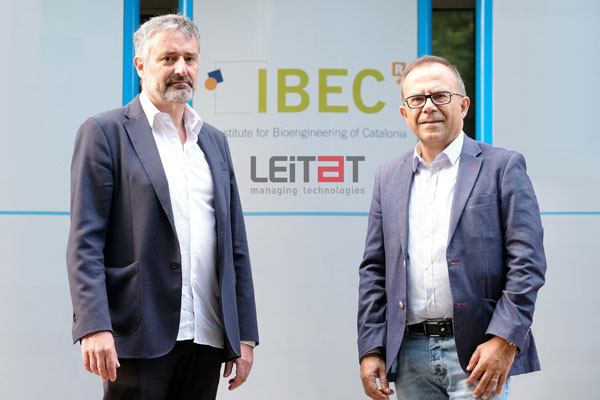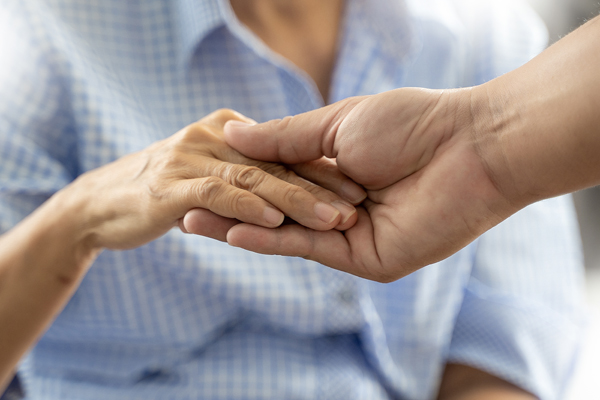Tècnic de Laboratori (Ref. TL-IO)
 Data límit: 31/10/2021
Data límit: 31/10/2021
Ref: TL_IO
L’Institut de Bioenginyeria de Catalunya (IBEC) requereix incorporar un/-a tècnic de laboratori per a les MicroFab & Microscopy Facilities, part de la unitat de Core Facilities de l’IBEC, que te la funció de proporcionar serveis i suport diaris als usuaris de sala blanca on es fabriquen i caracteritzen microdispositius i estructures per a aplicacions biomèdiques, i suport al servei de caracterització per microscòpia SEM i confocal.

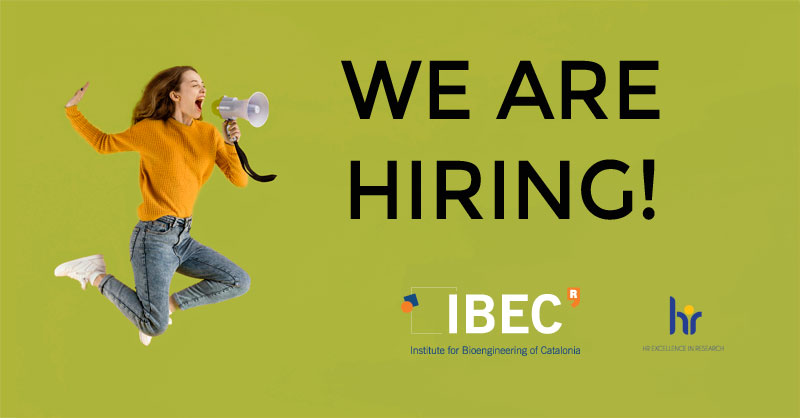



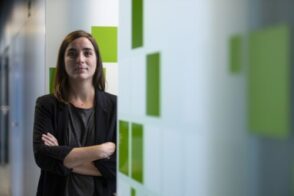
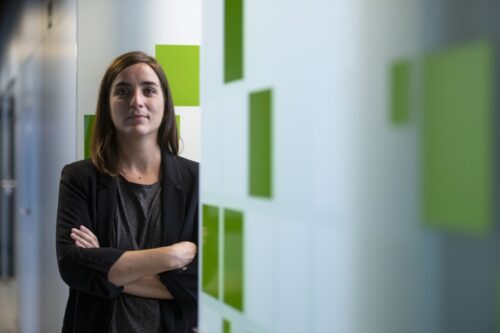 Nuria Montserrat, jefa de grupo del IBEC, es invitada al programa «Más de uno» de Onda Cero, donde comparte su investigación con organoides para estudiar enfermedades o sustituir tejidos dañados y además, explica la capacidad que tiene el anfibio llamado ajolote para regenerar sus propios órganos.
Nuria Montserrat, jefa de grupo del IBEC, es invitada al programa «Más de uno» de Onda Cero, donde comparte su investigación con organoides para estudiar enfermedades o sustituir tejidos dañados y además, explica la capacidad que tiene el anfibio llamado ajolote para regenerar sus propios órganos.